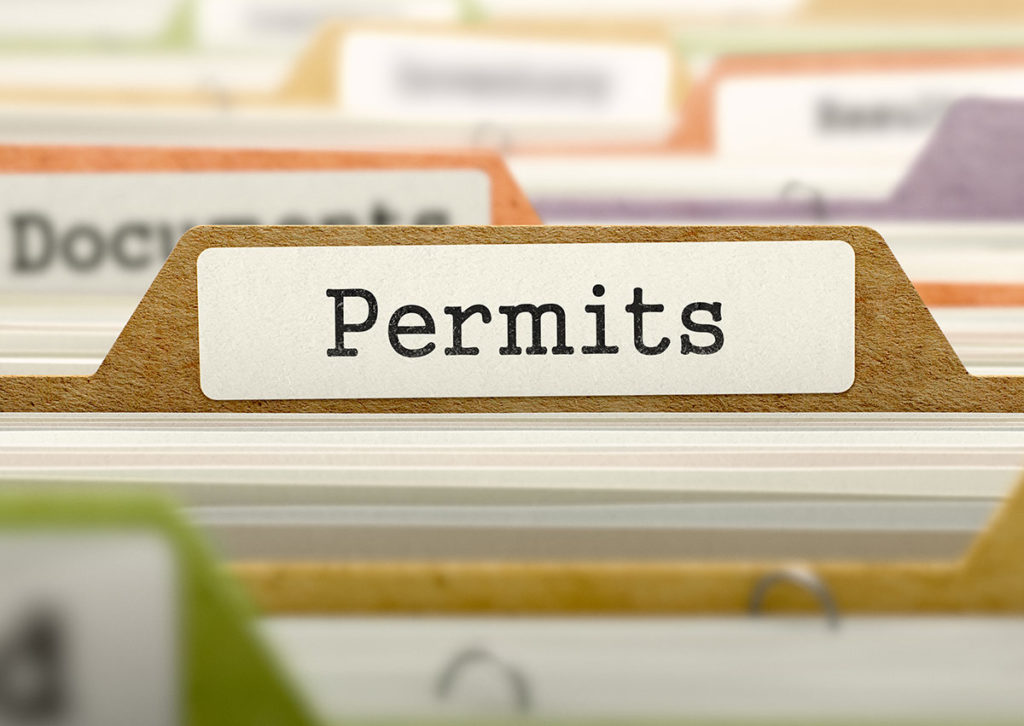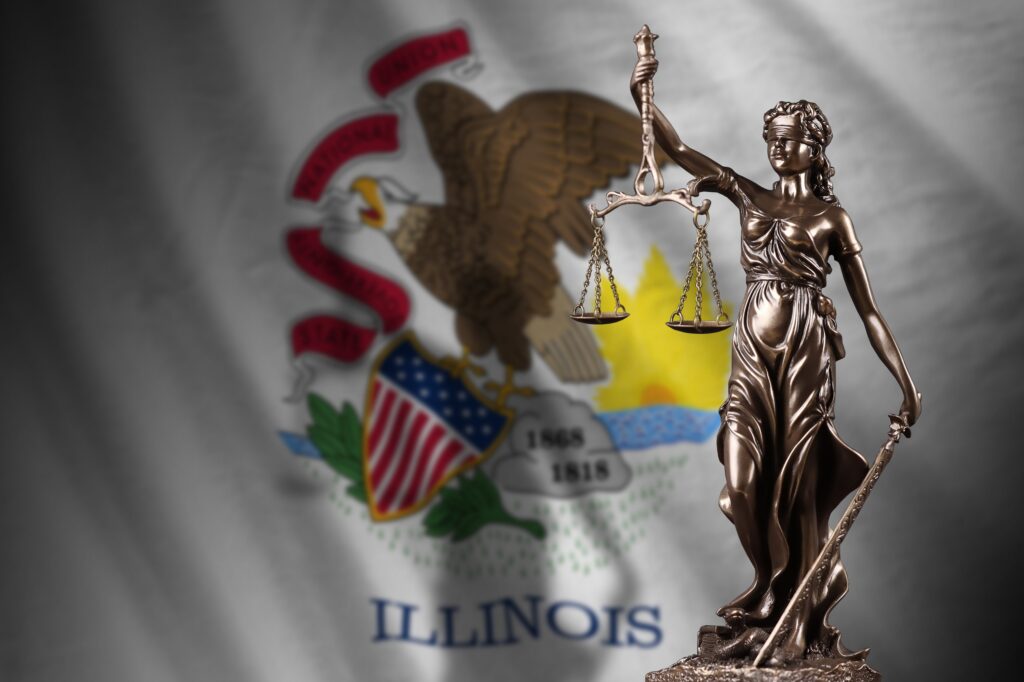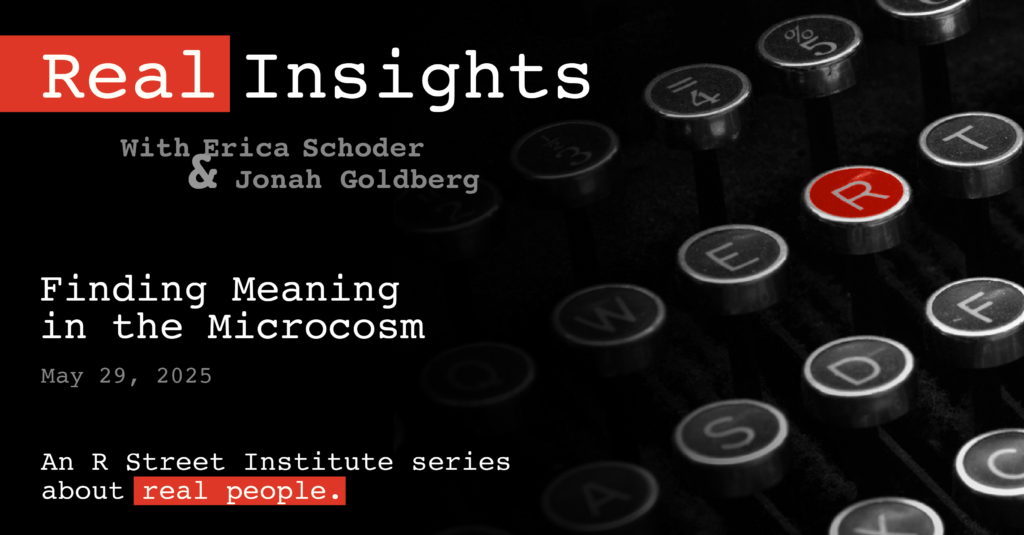Do Illinois laws encourage corruption-prone utility-lawmaker relationships?
“Their success or failure depends on the government,” said Josiah Neeley, a senior fellow at the nonprofit R-Street Institute. “Over time, a very cozy relationship developed between the two sides and that has continued today in places like Illinois.”
The Clean Energy Jobs Act of 2016 came after public campaigns that resulted in lawmakers, deeply-entrenched in a budget standoff, breaking ranks to endorse the measure.
Illinois isn’t alone in the arrangement between lawmakers and utilities.
Public officials in Indiana, California, Mississippi, Florida, Louisiana, South Carolina, Virginia, and most recently Ohio, have created controversy over their dealings with the public utilities they’re charged with regulating.
“The temptation is always there for politicians to put their thumb on the scale of favored companies opposed to others and when you have a close relationship like that, they almost become a favored company by definition,” Neeley said.
ComEd would employ dozens of lobbyists every year to advocate on the utility’s behalf.
A glaring issue in many cases, Neeley said, is the need to separate the power generation aspect of a company and the more government-reliant utility.
“You can have a single company that is involved in both sides and they can use one side to benefit the other,” he said.
R Street also suggests more transparency for the regulated utilities.






